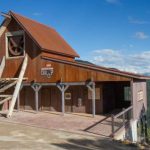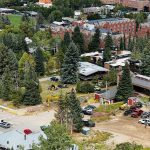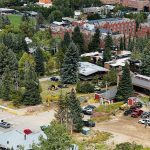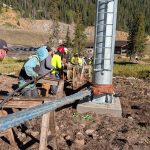Jury awards more than $200 million in Glenwood Caverns wrongful death lawsuit
Colorado Springs family sued following death of daughter in 2021
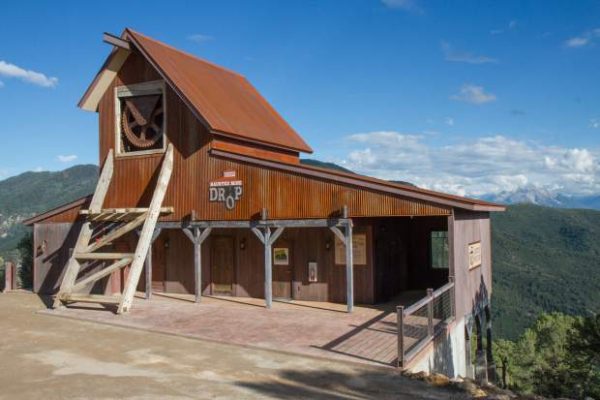
Chelsea Self/Post Independent archives
After nearly seven hours of deliberation on Friday night, the jury on the Glenwood Caverns wrongful death lawsuit returned with a verdict.
The jury found the defendants Glenwood Caverns Holdings LLC, the parks parent company; Soaring Eagle, the designer of the ride; and the two individuals operating the ride liable in the death of 6-year-old Wongel Estifanos, who died at the adventure park in 2021.
Wongel, visiting with her family from Colorado Springs, died on Sept. 5, 2021, after not being securely strapped into the then named “Haunted Mine Drop,” a 110-foot freefall ride — later renamed the “Crystal Tower.”
A state investigation later determined the 6-year-old was sitting on top of her seatbelt and was not secured when the ride began. The park was fined $68,000 by the state following the accident.
In October 2021, the Estifanos family filed a wrongful death civil action lawsuit to the Denver County District Court, through the Dan Caplis Law Firm. They filed the lawsuit against the park’s parent company, Glenwood Caverns Holdings, seeking “economic and non economic” damages. The lawsuit, filed just a month after Wongel’s death, alleges that operators failed to fasten restraints, ignored warning lights, and overrode the system to launch the ride while 6-year-old Wongel remained unbuckled.
The jury decided the defendants owed $82 million in non-economic damages to the Estifanos family and $123 million in punitive damages. Soaring Eagle and Glenwood Caverns Holdings LLC are responsible for nearly 98% of the $82 million in non-economic damages while the remainder falls onto the two ride operators. Both companies are also liable for the $123 million in punitive damages.
Punitive damages are added on top of the non-economic damages and are used when compensation is deemed insufficient. They are designed to punish those found negligent and serve as a warning to others in the industry.
In a statement after the verdict, Glenwood Caverns said its “hearts go out to the family of Wongel Estifanos and everyone affected by the tragic accident that happened.” The statement added that “while the jury allocated significant fault on the other defendant, Soaring Eagle, Inc., the size of the total jury verdict award puts the existence of Glenwood Caverns at serious risk. If the jury verdict remains as it is, hundreds of local jobs are in peril.”
The park said it offered the Estifanos family all of its available insurance money before trial, but claimed the family’s attorneys “refused to accept or ever negotiate a resolution over the past four years despite our numerous attempts.”
Glenwood Caverns also placed blame on Soaring Eagle, saying the manufacturer “failed to perform the required engineering and risk analyses that would have undoubtedly prevented this death” and that the company “certified to Glenwood Caverns that the ride met all applicable standards, but that was not true.”
“Soaring Eagle failed Glenwood Caverns, failed the Estifanos family, and failed our community,” the statement read.
The statement added they were “devastated by this accident” and worked with independent engineers — not Soaring Eagle — to redesign the ride to prevent further tragedies.
“Glenwood Caverns is exploring all options so that we can attempt to continue to operate, serve our guests, and continue to give back to the community,” the statement said.
Aspenites share stories about late Robert Redford
After Robert Redford passed away Tuesday, Sept. 16, a number of Aspenites are sharing stories about their parents’ connections to the famous actor, director, and founder of the Sundance Institute and Sundance Film Festival.

